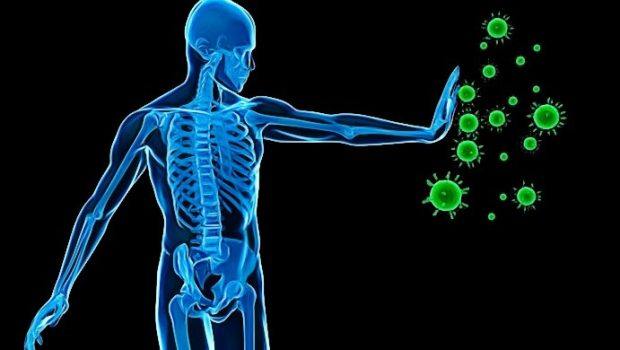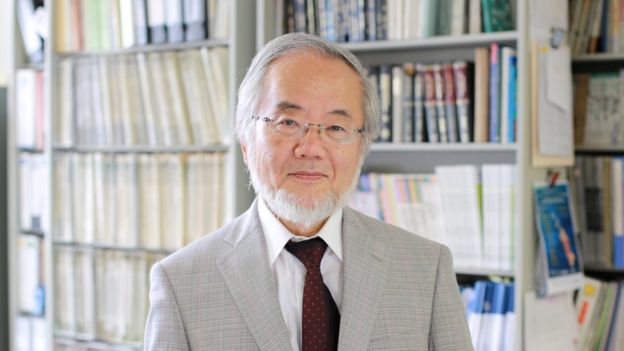Hi everyone, how are you, along with your stomach, I mean full or hungry? Because today’s theme is “health benefits” that come from small meals, petit fasts, and fasts.
Hearing small meals and fasting, however, it probably is that for gastronomists, it’s a hate word in the world.
But if you really want to stay healthy and live longer, I wish this blog would be useful for you as there are not any nostrums, elixir of life to live longer in the world.
What’s the health benefits coming from eating less and/or fasting?
Recent research done on humans finds that having small meals has significant health benefits, that can slow down the aging process and increase longevity in good shape.
Diets may help improve mood and even defend against age-related diseases that ravage the body. People can use this tool to potentially increase their life spans, say experts.
One study published in Cell Metabolism journal this month concluded that cutting calorie intake by 15 percent over two years can slow aging and protect against diseases such as cancer, diabetes, and Alzheimer’s.
The diets work by helping slow the metabolic rate and reducing free radicals linked to chronic illnesses.
Researchers have long known that calorie-restricted diets can be a potent anti-aging weapon.

Participants were 53 healthy, non-obese people between the ages of 21 and 50.
The researchers said they discovered that even people who are healthy and lean can benefit from calorie-restricted diets.
In addition, many biomarkers for aging were reduced, according to the study, and health improved.
“One thing is certain,” Anderson told Healthline. “If you eat less and weigh less, you live longer.”
A different, more extreme calorie-restricted diet study published in Science Translational Medicine last month showed that so-called fasting-mimicking diets practiced for five days a month for three months can also help the body with aging.
“The more calories you eat, the more free radicals you generate,” he told the medicine magazine.

Energy efficiency is the key
Like engines, bodies do need fuel, on the otherhand, so some experts worry that people could drastically cut back calories too much or in the wrong way, resulting in reductions in muscle mass or bone density.
“You need fuel to be alive,” explained Anderson. “The vast majority of calorie intake keeps the ocean liner afloat.”
Restricting calorie intake by 15 percent is not drastic, noted Priya Khorana, EdD, a doctor of nutrition education at Teachers College, Columbia University.
But a 25 percent calorie cutback wouldn’t be healthy, she said.
“And in the long run, these diets aren’t as effective as modest diets,” Khorana told the magazine.
“Following a balanced nutrient-rich diet is the key to success.”
And, she adds, exercise is also important.
So just cutting back on calories without getting good nutritional information could mean missing out on essential vitamins and minerals.
In the two studies on humans, participants took vitamin supplements to make sure that the diets were still nutritionally rich.
The upshot is that efficiently using energy is the key to longevity — along with healthy eating.
Yes, counting calories is hard in a culture awash in processed foods and enticing sugar-loaded treats.
But experts insist that the gains from calorie-restricted diets far outweigh the risks.
Also, diets can be successfully changed in as little as four days, said Sears.
The underlying message, adds Anderson, is powerful: Aging is malleable.
“Diseases are all different,” she said. “But they’re all associated with aging. And calorie-restricted diets work.”
What’s Autophagy?
Did you know your body actually eats itself in a process known as autophagy? Rest assured, this is a good thing. Autophagy, the method by which your body cleans out damaged cells and toxins, helps you regenerate newer, healthier cells.
Autophagy was first discovered in the 1960s, but its fundamental importance was only recognised after Yoshinori Ohsumi’s research in the 1990s.

Yoshinori Ohsumi born February 9, 1945 is a Japanese cell biologist specializingin autophagy, and he was awarded the 2016 Nobel Prize in Physiology or Medicine
Over time, our cells accumulate a variety of dead organelles, damaged proteins, and oxidized particles that clog the body’s inner workings.
This accelerates aging, induces dementia, and increases the risk of cancer, as well as other age-related diseases.
Because many of our cells, like those in the brain, need to last a lifetime, the body developed a unique way of ridding itself of those faulty parts and defending itself naturally against disease.
How Autophagy works
Think of your body as a kitchen, for example. After making a meal, you clean up the counter, throw away the leftovers, and recycle some of the food.
The next day, you have a clean kitchen. This is autophagy doing its thing in your body, and doing it well.
Now think of the same scenario, but you’re older and not as efficient. After making your meal, you leave remnants on the counter. Some of it gets into the garbage, some of it doesn’t. They linger on the counter, garbage, and recycling bin.
They never make it out the door to the dumpster, and toxic waste starts to build up in your kitchen. There’s food fermentation on the floor and all kinds of nasty smells wafting out the door.
Due to the onslaught of pollutants and toxins, you’re having a hard time keeping up with the daily grime. This scenario resembles autophagy that isn’t working as well as it should.
Autophagy usually hums along quietly behind the scenes in maintenance mode. It kicks into high gear during times of stress, as a way to protect the body (such as in times of famine).
When you activate autophagy, you slow down the aging process, reduce inflammation, and boost your body’s natural ability to function.
To help your body resist disease and boost longevity, you can increase your autophagy response naturally (more on that later).
Advantages of Autophagy
When you activate autophagy,
1) You slow down the aging process and extend longevity
2) Prevent or delay neurodegenerative diseases, may boost brain function as well as reduce inflammation
3) May aid in Cancer Prevention and increase the effectiveness of chemotherapy
4) Boost growth hormone secretion, which is vital for growth, metabolism, weight loss and muscle strength
5) Enhance heart health by improving blood pressure, triglycerides and cholesterol levels
6) PromotesbBlood sugar control by reducing insulin resistance
7) Autophagy is also exceptionally beneficial for your skin complexion

How to Start Fasting
There are many different types of fasts, making it easy to find a method that fits your lifestyle.
Here are a few of the most common types of fasting:
1) Water fasting: Involves drinking only water for a set amount of time.
2) Intermittent fasting: Intake is partially or completely restricted for a few hours up to a few days at a time and a normal diet is resumed on other days.
3) Partial fasting: Certain foods or drinks such as processed foods, animal products or caffeine are eliminated from the diet for a set period.
Within these categories are also more specific types of fasts.
For example, intermittent fasting can be broken down into subcategories, such as alternate-day fasting, which involves eating every other day, or time-restricted feeding, which entails limiting intake to just a few hours each day.
To get started, try experimenting with different types of fasting to find what works best for you.
If you suffer from diabetes or low blood sugar, fasting can lead to spikes and crashes in your blood sugar levels, which could be dangerous.
It’s best to talk to your doctor first if you have any underlying health conditions or are planning to fast for more than 24 hours.
Additionally, fasting is not generally recommended without medical supervision for older adults, adolescents or people who are underweight.
If you decide to try fasting, be sure to stay well-hydrated and fill your diet with nutrient-dense foods during your eating periods to maximize the potential health benefits.
Five crucial ways to activate your autophagy
There are five crucial ways to activate your autophagy:
1) Eat a high-fat diet
2) Low-carb diet, limit protein intake to 15 grams/day once a week
3) Practice intermittent fasting
4) Exercise
5) Get restorative sleep
How soon will you see Autophagy results?
According to Whittel’s research with Jacksonville University, you should see benefits from autophagy in two weeks, especially on her book’s program.
Whittel and team conducted an 8-week lifestyle study that analyzed health biomarkers (including skin complexion and body fat) as women ate certain foods and exercised.

Good luck!


コメント